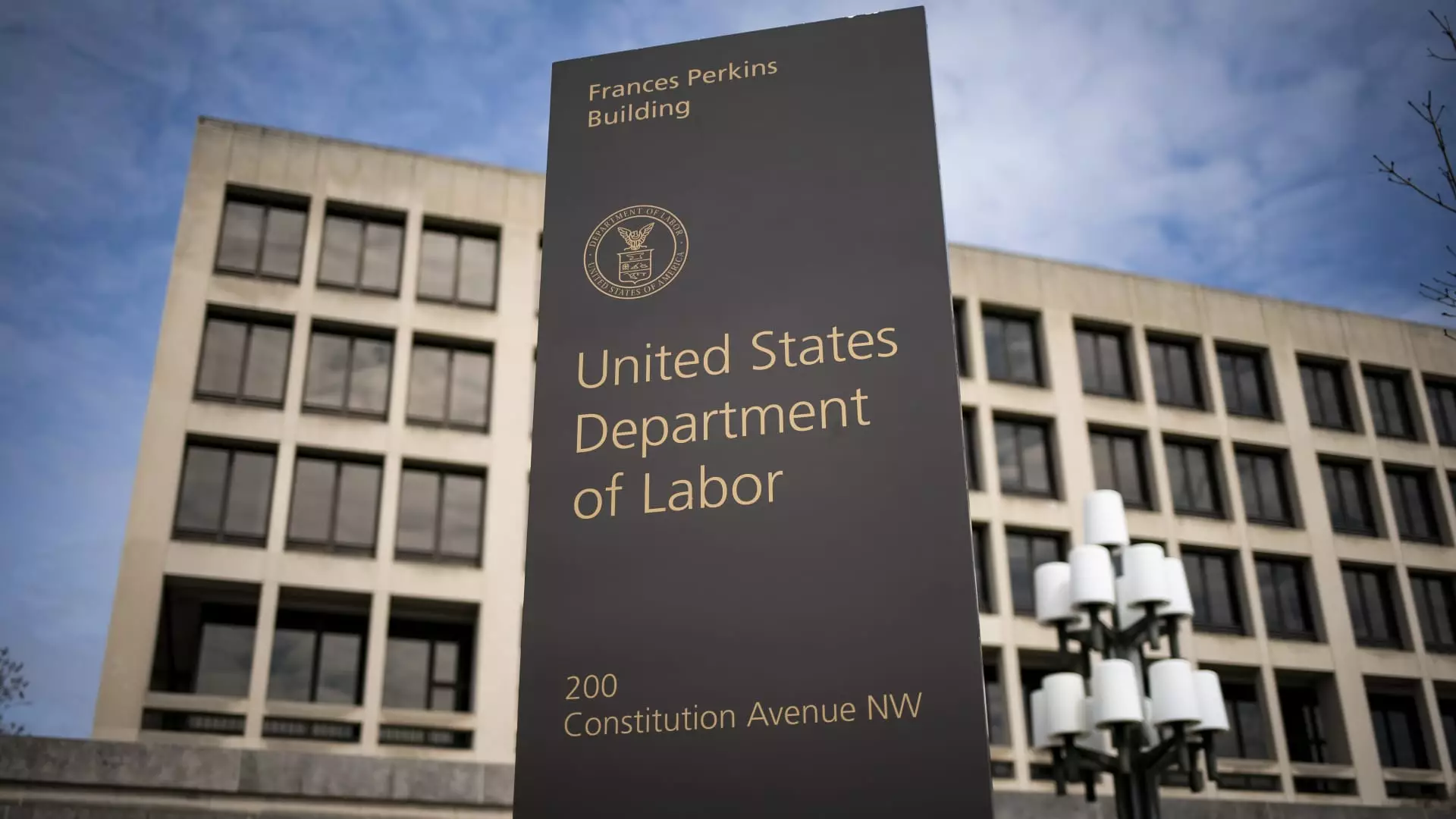The Biden administration recently announced a final rule that seeks to enhance protections for retirement savers by regulating the investment advice provided by advisors, brokers, and insurance agents. This rule, issued by the U.S. Department of Labor, expands the definition of when a financial professional must act as a “fiduciary,” requiring them to prioritize the best interests of their clients. The regulation is set to take effect on September 23 and is designed to address conflicts of interest in retirement accounts that can negatively impact savers.
The final rule issued by the Biden administration aims to address significant conflicts of interest in retirement advice, particularly regarding rollovers from 401(k) plans to individual retirement accounts and the purchase of insurance products like annuities. These conflicts of interest can lead financial professionals to recommend transactions that benefit them financially but may not be in the client’s best interest. According to the Council of Economic Advisers, Americans lose up to $5 billion a year due to conflicts of interest related to one insurance product, highlighting the importance of protecting retirement savings.
Under the new rule, financial professionals must adhere to “impartial conduct standards” when providing personalized investment advice to clients. These standards require professionals to act prudently, loyally, and truthfully, and to charge reasonable fees. The implementation of these standards aims to ensure that retirement savers receive advice that aligns with their best interests and protects their savings. The rule also requires financial professionals to acknowledge their fiduciary status when working with clients, further emphasizing the importance of prioritizing clients’ needs.
Despite the intentions behind the new rule, industry groups have raised concerns about its potential impact on retirement savers. The American Council of Life Insurers, a trade group, expressed worry that the regulation may harm the very individuals it aims to protect. The group argued that existing federal and state regulations already provide robust consumer protections for retirement savers and that the new rule may limit access to professional financial guidance. There is a fear that the regulation, similar to one issued under the Obama administration, could lead to unintended consequences for investors.
The Biden administration’s final rule on investment advice for retirement savers represents a significant step towards enhancing protections for individuals planning for retirement. By expanding the definition of fiduciary responsibilities and imposing impartial conduct standards, the rule aims to ensure that financial professionals prioritize their clients’ best interests. While the regulation has garnered support from consumer advocates, concerns have been raised by industry groups about its potential impact on investors. Moving forward, it will be essential to monitor the implementation of the rule and evaluate its effectiveness in safeguarding retirement savings.

